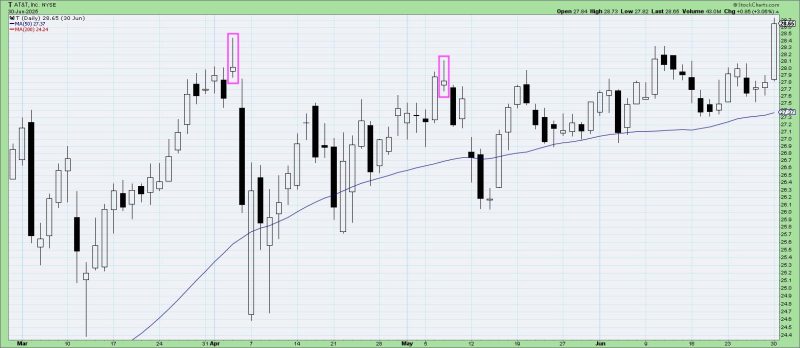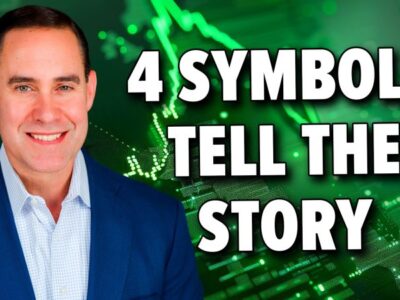
A widely noted new draft paper by two political scientists, Justin Grimmer of Stanford and Eitan Hersh of Tufts, surveys existing research and reaches a conclusion consistent with what I’ve argued for some time: for all the talk of democracy hanging in the balance from “voter suppression” and the like, “nearly all contemporary election laws have small effects on partisan election outcomes.” That goes for (to name a few) the availability of mail and lockbox voting as an alternative to in‐person Election Day voting, voter registration through motor vehicles offices, and the dropping of inactive voters from registration rolls. An excerpt from the paper’s abstract:
Contemporary election reforms that are purported to increase or decrease turnout tend to have negligible effects on election outcomes. We offer an analytical framework to explain why. Contrary to heated political rhetoric, election policies have small effects on outcomes because they tend to target small shares of the electorate, have a small effect on turnout, and/or affect voters who are relatively balanced in their partisanship.…
The caustic rhetoric that suggests the partisan stakes for election administration reform are very high is detached from empirical reality. Even very close elections are decided by margins larger than the magnitude of election reforms we examine in this paper. Further, the party that benefits from changes is often unclear. In all but the absolute closest elections, modest electoral reforms cannot affect partisan outcomes.
Here’s what I wrote for Cato a year and a half ago, after noting that for all the fuss about voter ID laws, there is no evidence they in fact affect registration, turnout, or election outcomes:
As it happens, a lot of claims commonly made about voter suppression on the one hand and ballot integrity on the other are surprisingly hard to validate. Some of the states with the most restrictive rules, for example, are also known for having some of the highest voter turnouts. Early, absentee, and by‐mail voting affect when and how Americans vote, but there’s much less evidence that they make a big difference in who decides to vote or which side wins.
In the 2020 election, following years of claims of mounting voter suppression, voter turnout soared to a level not previously seen in modern times.
The election reforms that most often stir controversy, Grimmer and Hersh write, tend not to change partisan balance much because they “target narrow shares of the population, have a small effect on turnout, and/or are imprecisely targeted at members of political parties.” They take up various hotly contested current voting reforms and find that they do not detectably influence partisan outcomes. For example, Arizona’s controversial practice of not counting ballots cast out of precinct drew a Voting Rights Act challenge that went to the Supreme Court in Brnovich v. DNC, but in fact the group of voters affected varied little by race from that of the state electorate overall.
Contrary to widespread assumptions, they find that re‐enfranchisement of felons who have served their terms would not provide a big boost for Democrats, in part because relatively few felons take advantage of the restored franchise and in part because many who do vote Republican. (In fact, they project that Republicans would actually stand to gain more votes than Democrats in 19 states, Arizona among them, if felons got re‐enfranchised coast to coast.)
That ties in with another point that bears emphasis: many old ideas about who votes for which party are no longer useful. “Voter suppression” narratives often rest on the notion that poorer and less educated voters will be differentially discouraged by some requirement. Nowadays, however—if not 40 years ago—those groups overall may lean Republican.
Grimmer and Hersh go on to offer evidence against the sometimes‐made argument that the lack of effects on outcomes is the result of counter‐mobilization fueled by opponents’ outrage. They do identify one policy choice that seems to have real and substantial effects on partisan outcomes, namely the decision whether to hold municipal elections on or off the federal cycle, which can result (among other effects) in helping nationalize the politics of local races. Ironically, that particular reform has been the subject of hardly any national partisan controversy.
In short, Grimmer and Hersh’s paper undercuts much of the received opinion about “voter suppression.” They summarize their findings: “compared to dire warnings and predictions in the public square, scholars have found only modest relationships between these laws and election participation and no consistent relationship between ‘suppression’ laws and partisan outcomes.”
And they go on to draw two excellent conclusions, which I heartily second. First, a clear implication should be “to lower the temperature [yes!] on election administration policies.…the media should not portray every change in an election law as a red‐alert scenario that will determine future elections.” I’ve argued that the most serious challenge to democratic norms is likely instead to come from a different direction, namely from some groups’ refusal to accept as legitimate the outcomes of elections held in ordinary and regular form.
Their second point is also on target: a turn away from the relentless search for partisan advantage should not mean setting aside these issues of election procedure as unimportant. It should instead mean seeking to resolve them on their merits. Getting election procedure right can have major benefits for administrative efficiency, voter convenience, detection of bad practices, speed of tabulation, and the restoring of public confidence in outcomes, to name only a few of its legitimate goals. Let’s get on with it.








